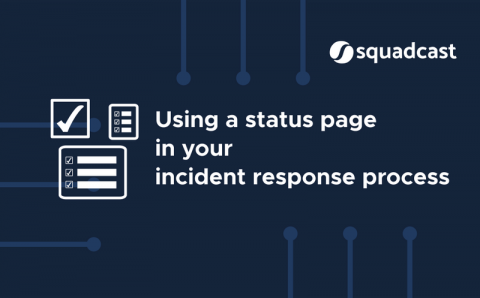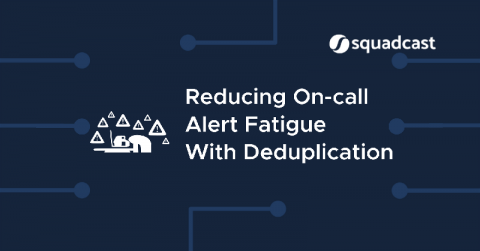Operations | Monitoring | ITSM | DevOps | Cloud
Alerting
Moogsoft AIOps Partner Success Story: Intact
Moogsoft AIOps Partner Success Story: Trace3
Moogsoft AIOps Partner Success Story: Windward
Moogsoft AIOps Partner Success Story: WiPro
Lessons in Building Well-Formed Scrum and Kanban Teams
In the early days of Amazon, Jeff Bezos set a rule: teams shouldn’t be larger than what two pizzas can feed, no matter how large a company gets. Setting this rule of small teams meant individuals spent less time providing status updates to each other and more time actually getting stuff done. It also allowed team members more time to focus on continuous improvement. PagerDuty, like Amazon, has a strong culture of continuous improvement.
Reducing On-call Alert Fatigue with Deduplication
See Your PagerDuty Account Clearly in 2020
What better way to start off the new year than reflecting on the past 12 months and conducting a retrospective of your systems, processes, and culture at your organization? For instance, what did your overall incident response look like in 2019? Was it a smooth and streamlined process or did chaos reign during incident conference calls? But when burning sage and holding magic crystals don’t refresh your office vibes or your incident response process, PagerDuty University has got you covered.
The Role of Live Event Notifications in Your Incident Response Plan
According to a study from the University of Maryland, a hacking attack occurs every 39 seconds. During a quick coffee break, your systems could be attacked up to a dozen times. Depending on how your alerts are set up, you might miss a dozen or more notifications. Missed or delayed alerts, and the resulting slow responses, provide attackers with more time. Every minute provides attackers another opportunity to damage your systems or steal your data.











